
How to get URL link on X (Twitter) App

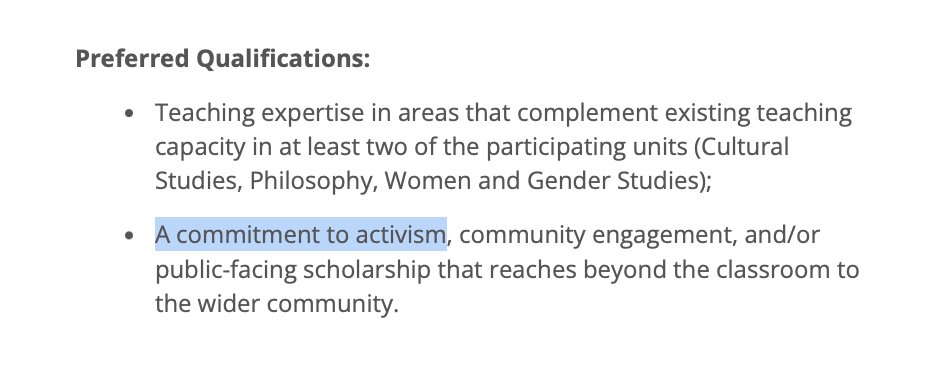


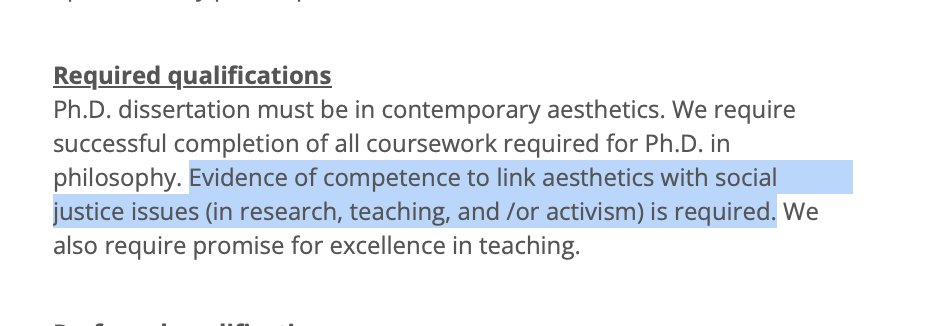
 Don't do an epistemic injustice against the voices demanding more classroom activism, friends.
Don't do an epistemic injustice against the voices demanding more classroom activism, friends. https://x.com/BrandonWarmke/status/2019187837757759924?s=20
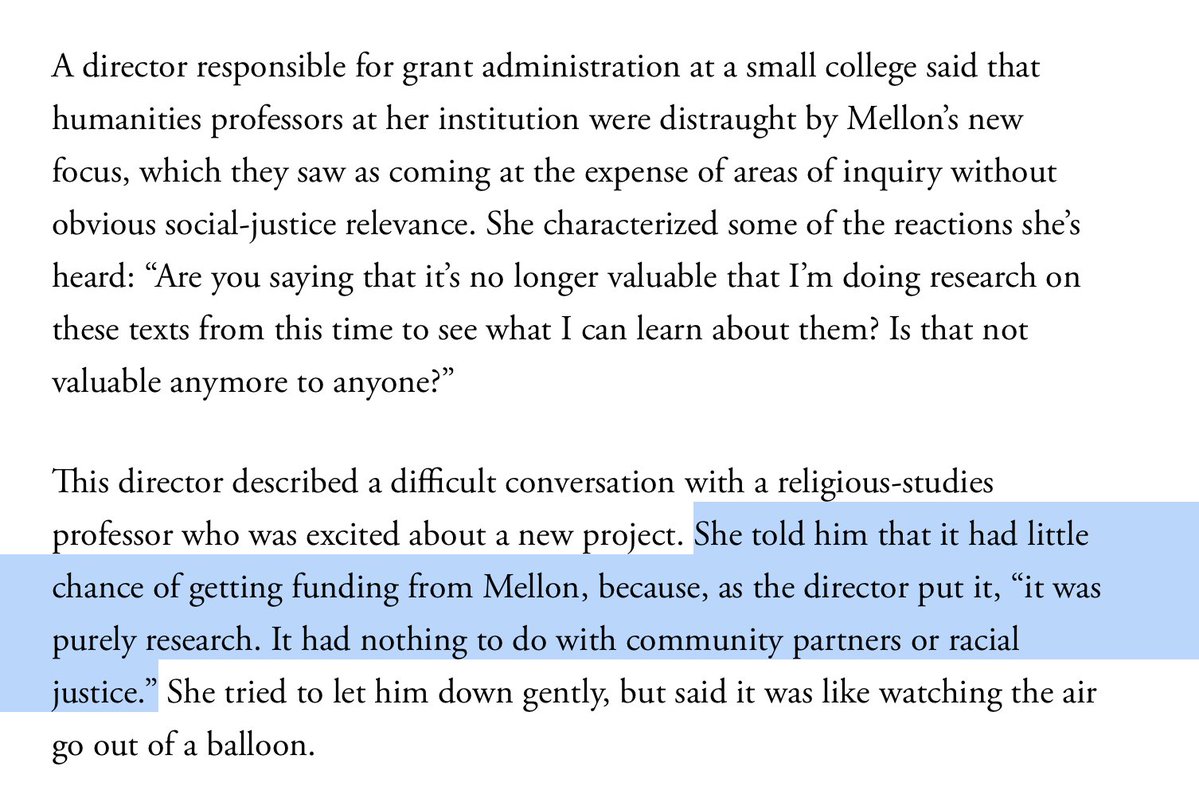
https://twitter.com/JohnDSailer/status/2021956658218578067
 I don't want to hear another word about right wing "dark money" posing an existential threat to higher education. As is often the case, it's a lot of projection.
I don't want to hear another word about right wing "dark money" posing an existential threat to higher education. As is often the case, it's a lot of projection. 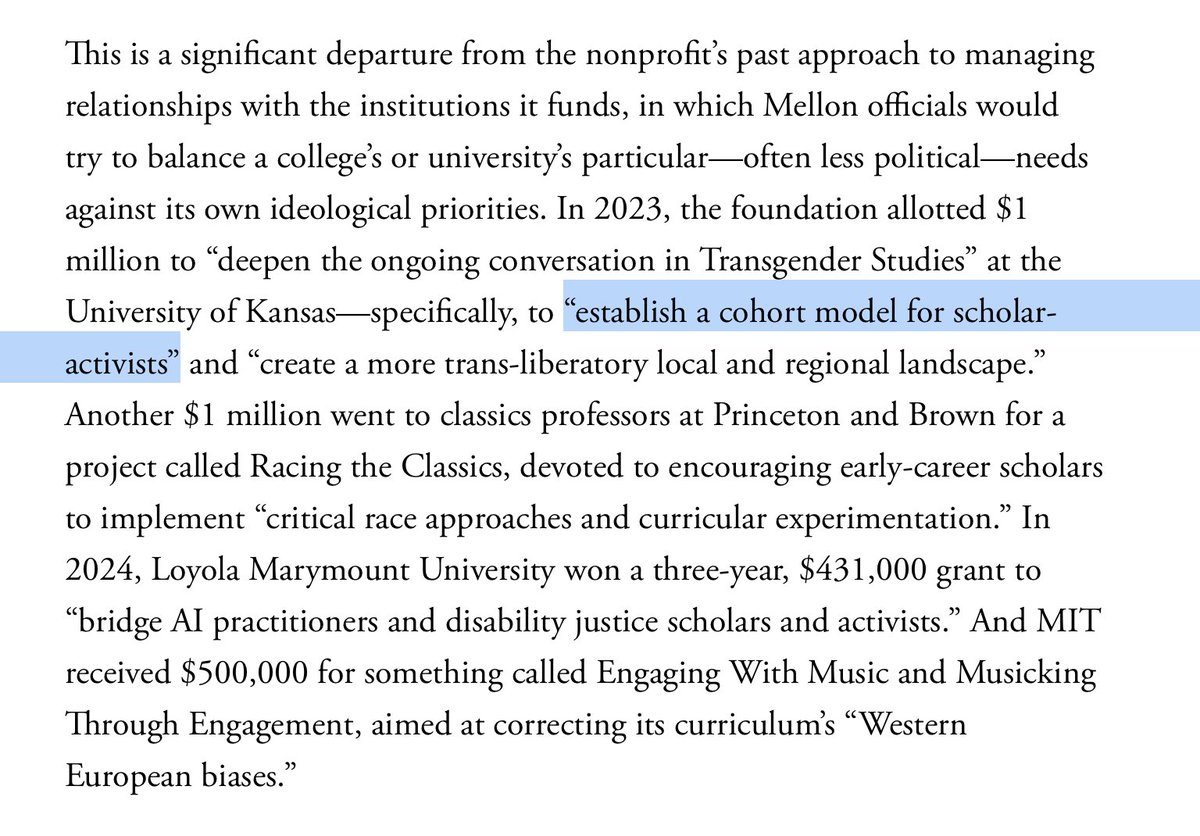

 This is fine as ideal theory. But what happens when a discipline--say sociology, gender studies, or philosophy--comes to be dominated by ideologues who regard as unworthy many moral, empirical, and political viewpoints that fall outside the narrow range of accepted views? 2/
This is fine as ideal theory. But what happens when a discipline--say sociology, gender studies, or philosophy--comes to be dominated by ideologues who regard as unworthy many moral, empirical, and political viewpoints that fall outside the narrow range of accepted views? 2/
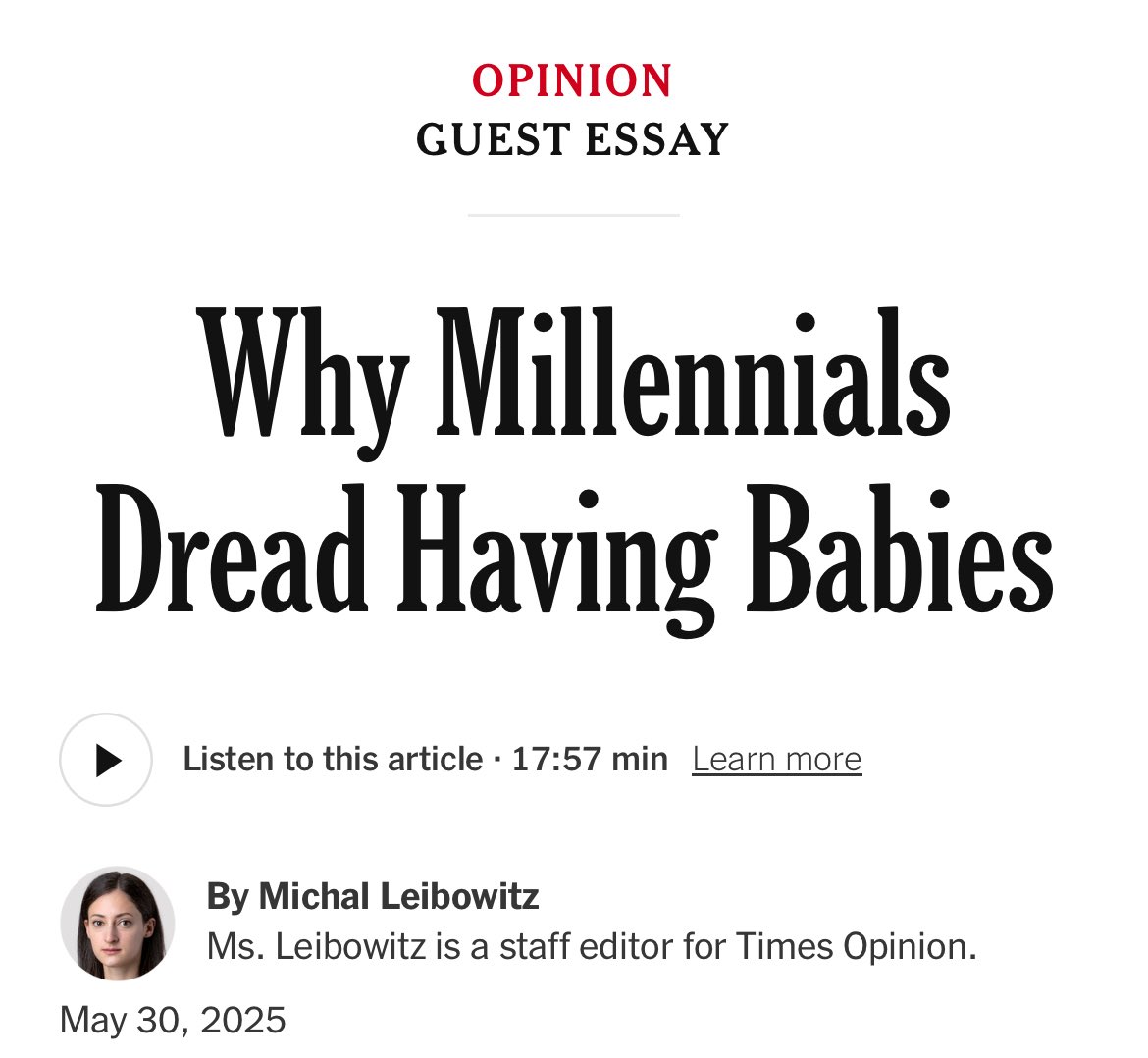
 “Today, parents still have obligations to their children. But it seems the children’s duties have become optional.”
“Today, parents still have obligations to their children. But it seems the children’s duties have become optional.” 

 “If you reflexively ignore or reject what I say, you won’t persuade me.” 2/
“If you reflexively ignore or reject what I say, you won’t persuade me.” 2/ 

 2/ We get data showing that many faculty are willing to discriminate against conservatives and an admission that professors needlessly politicize their classes:
2/ We get data showing that many faculty are willing to discriminate against conservatives and an admission that professors needlessly politicize their classes:

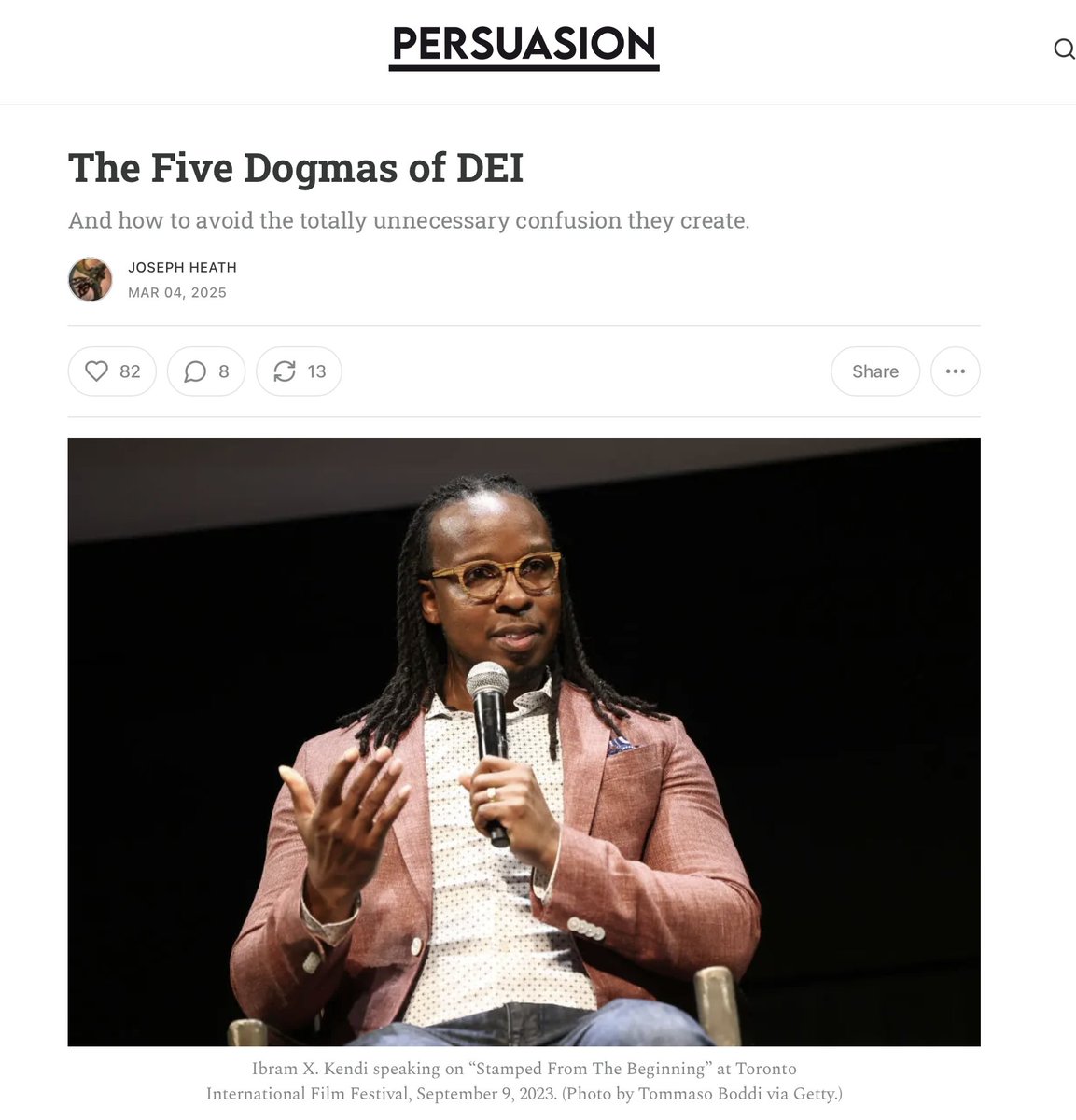
 2/ "In every canonical use of the term, race is determined by ancestry, and ancestry is a straightforward biological concept."
2/ "In every canonical use of the term, race is determined by ancestry, and ancestry is a straightforward biological concept." 


 "Name anything of considerable value—beauty, courtesy, freedom, friendship, justice, knowledge, prosperity, security, “belonging”—and either it will be part of some culture or there will be cultural mechanisms such as institutions, dispositions, customs, and norms to protect and promote it."
"Name anything of considerable value—beauty, courtesy, freedom, friendship, justice, knowledge, prosperity, security, “belonging”—and either it will be part of some culture or there will be cultural mechanisms such as institutions, dispositions, customs, and norms to protect and promote it."

 Meanwhile, this kind of "misinformation" is commonplace and few academics seem interested in using it to explain left-wing voting.
Meanwhile, this kind of "misinformation" is commonplace and few academics seem interested in using it to explain left-wing voting. https://x.com/kevinnbass/status/1855827870637019223

 1. Independence Thesis — Political theorizing can and should be done free from prior normative constraints (and, in particular, independently from the claims of moral theory).
1. Independence Thesis — Political theorizing can and should be done free from prior normative constraints (and, in particular, independently from the claims of moral theory).